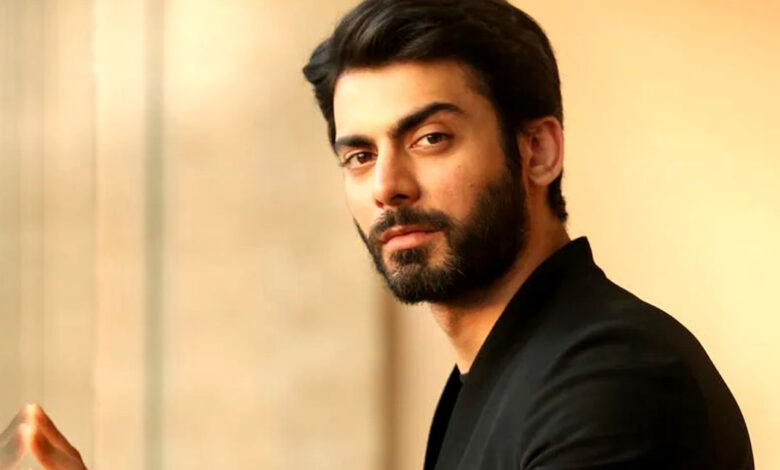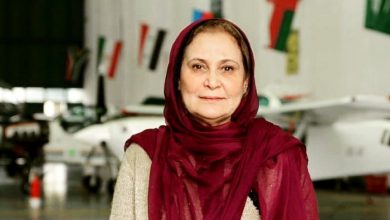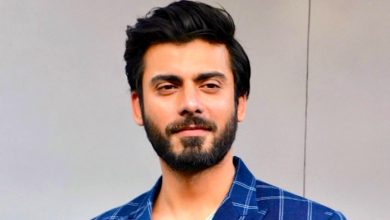Criticism Mounts Against Mumbai Film Festival for Omitting Pakistan Amidst Demands for Inclusion of South Asian Talent

Backlash Against Mumbai Film Festival Grows as Pakistan Excluded Amid Calls for Inclusive South Asian Representation
The Jio MAMI Mumbai Film Festival, organized by the Mumbai Academy of Moving Image (MAMI), is facing mounting criticism for its decision to exclude Pakistan from its South Asian competition. This move has ignited controversy and raised concerns about the festival’s commitment to fostering cultural exchange and promoting unity through the arts.
Since its establishment in 1997, the festival has aimed to be a prominent platform for showcasing the best of contemporary world cinema and talent. With an expanded vision to highlight South Asian and South Asian diaspora filmmakers, the festival strives to connect emerging talent with the global festival ecosystem.
However, the eligibility criteria for the 2023 edition of the festival specifically excluded Pakistan from the competition. According to the guidelines, the South Asian competition welcomes films from Afghanistan, Bangladesh, Bhutan, India, Maldives, Myanmar, Nepal, and Sri Lanka. Films with a South Asian connection or directors of South Asian descent based anywhere in the world were also eligible for participation.
The decision to exclude Pakistan has drawn criticism, particularly in the context of the longstanding tensions between India and Pakistan. Critics argue that this exclusion reflects the influence of the current Indian government on the festival, suggesting a deliberate attempt to ban Pakistani art. This controversy adds to the ongoing debate surrounding cultural exchange between the two nations, as Pakistani artists have previously been banned from working in India.
The irony is stark when considering the festival’s claims of championing an “expanded vision” and facilitating the exchange of ideas and information related to filmmaking. Excluding Pakistan from the competition appears to contradict this vision, undermining the spirit of promoting cultural exchange and unity through the arts.
The controversy gained traction on social media when an Instagram user posted an edited version of the festival’s call to action, highlighting the exclusion of Pakistan from the list of eligible countries. The user expressed disappointment in prominent figures associated with the festival, such as Anupama Chopra (Festival Director) and Priyanka Chopra Jonas (Chairperson), for not advocating for inclusion. The user accused the festival of displaying bias and going against its proclaimed values.
Notably, Priyanka had previously praised Sharmeen Obaid Chinoy, a Pakistani director, for being signed on to direct an upcoming Star Wars film, referring to her as a South Asian artist rather than specifically identifying her as Pakistani. This added to the perceived irony of her silence regarding the festival’s exclusion. Anupama Chopra, a respected film critic, is listed as a collaborator on one of the festival’s Instagram posts, further raising questions about her stance on the matter.
Adding fuel to the controversy, the festival’s official Instagram account recently featured an image of the film Polite Society without including Nimra Bucha, despite the fact that the post mentions Nida Manzoor as the writer and director. Nida Manzoor is a British-Pakistani Muslim, which further highlights the issue of selectively celebrating Pakistani talent.
As the debate continues, industry figures like Farhan Akhtar and Zoya Akhtar have been tagged by the festival’s Instagram account, suggesting their involvement or potential support for the festival. The situation remains fluid, and stakeholders continue to voice their concerns about the exclusion of Pakistan and the festival’s commitment to inclusivity and diversity within the South Asian film industry.




